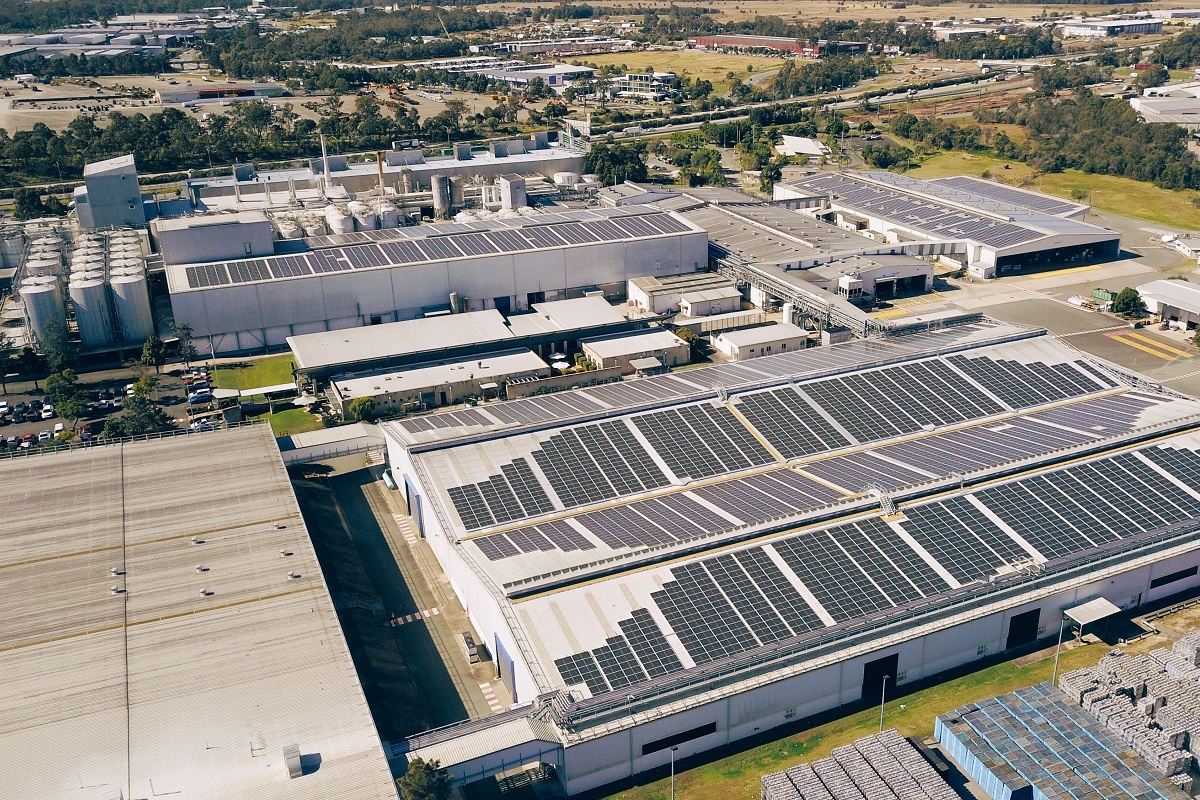Sustainability is an increasingly important area that companies need to be operating in and as Carlton & United Breweries’ (CUB) CEO Danny Celoni explained to The Shout it is increasingly becoming an area where words are no longer enough.
Customers, consumers and even prospective employees want to know how companies are working sustainably, what the environmental considerations and impacts of businesses are and how improvements are being made.
Celoni explained to The Shout that the operations of both CUB and parent company Asahi are “becoming increasingly more sustainable”.
“[Sustainability] is one of these environments that, not only is it important to do this, not just pay homage with a great bunch of words, but it is important for the environment. We need to start from the heart and believe that and I do know that the centre of gravity of the organisation does believe it – it is part of our conversations everywhere in the business,” Celoni said.
He added: “The other element to it, is that our customers expect us, as a market leader, to not only have an agenda here, but to drive implementation of that agenda into the marketplace.
“Consumers are expecting it, they want to see evidence of it and they are making choices based on these actions, and so they should. So as a business, we not only want to keep pace, but we want to get ahead and through Asahi, under Robert Iervasi’s leadership we’ve made considerable grounds.”
There has indeed been some strong action from CUB, with Celoni describing the 7000 solar panels installed across 15,000 square meters around the Yatala Brewery in Queensland as “a starting point”. That is the biggest solar project at any Australian brewery and will help Asahi Beverages achieve its goal that 100 per cent of its purchased electricity will come from renewable sources by 2025, and ensure it will only use sustainable energy in brewing.
Celoni told The Shout: “I am measured, it is part of my KPIs to ensure that 100 per cent of our purchased electricity will come from renewable sources, so I have to make investment choices that proactively drive this agenda. I am being asked to take this seriously, I know the Board certainly do and through Robert’s leadership he’s made some big moves.”
The Yatala solar project means that CUB can now brew the equivalent of 150 million cans each year through sustainable and renewable sources. But it doesn’t stop there, as Celoni explained.
“Last year we saw the commencement of a logistics partnership with Linfox and the first-ever electric truck. It’s starting small at about 100,000 cans being moved, but we are really excited about this because there are thousands of routes being run every day through the streets and we see this as a real opportunity.
“If we can scale this up and get this to work on scale, that is really going to have a positive impact on the environment.”
He added: “From a supply chain and agronomy perspective, the team has also recently started to establish direct relationships with farmers. There used to be intermediaries before, and there are still some in place, but we wanted to have this direct connection and work with farmers directly. In my previous organisation I saw first-hand the impact that we can have as big suppliers, working with farmers on helping them to become more sustainable, drive long-term efficiencies, help build their capabilities and really giving them the long-term view of where we are going.
“That relationship is going to make a difference to farming in Australia, the better and closer we work with our farmers, the better the impact is going to be. So we are on this journey, we are 100 per cent committed to it. It’s a journey that has a strategy, it’s got resource associated to it and there is accountability behind it. Customers, consumers and our employees are all expecting this, so we will be moving and continuing to enhance what we are doing in this space.”
The decision to remove bulk handlers from the barley supply chain now sees around 70,000 tonnes of malting barley – more than 90 per cent of CUB’s annual requirements – purchased direct from Australian farmers to brew its beers. Importantly, this puts extra money in the farmers’ pockets that otherwise would have gone to the bulk handlers.
So while it is early in the journey, it is a journey that CUB and Asahi are clearly taking very seriously and we can definitely expect to hear more from the group in this area.

